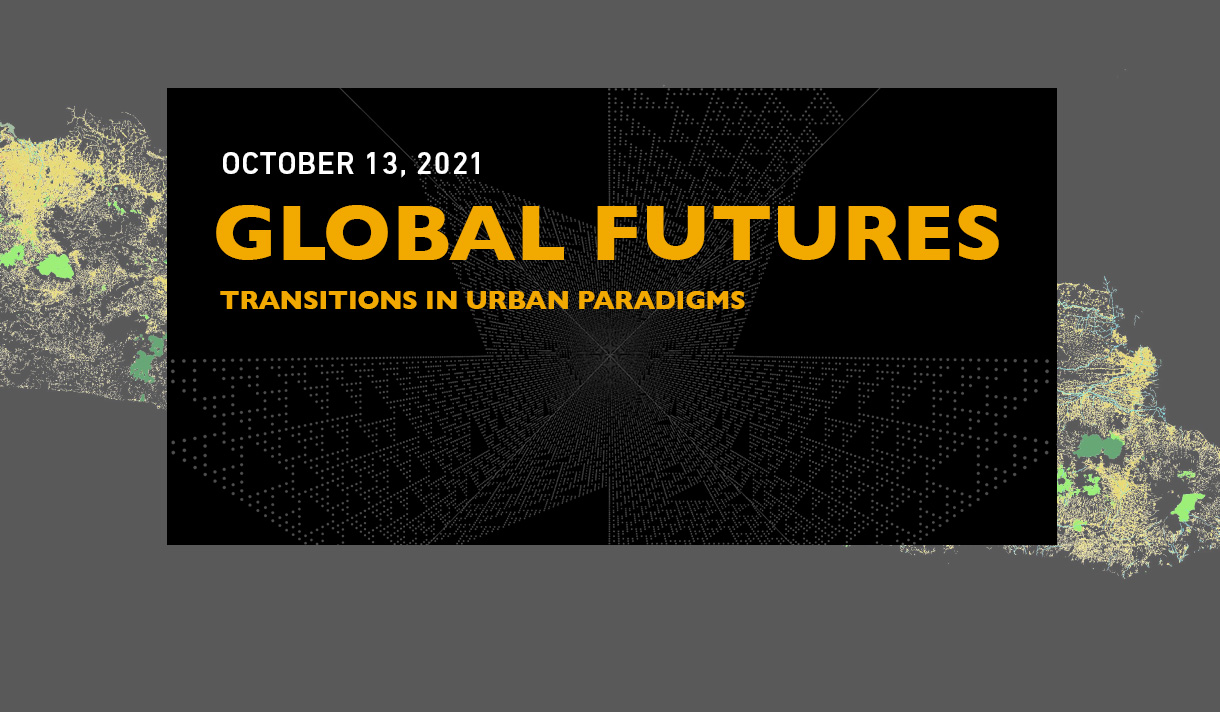Event
Global Futures Transitions In Urban Paradigms
October 13, 2021
5:00 PM – 7:00 PM
This event raises questions concerning the paradigms driving global urban development, within the ongoing transformations triggered by the COVID-19 pandemic, and its potential enduring impact on urbanism. Cities and urban citizens worldwide have faced challenges as a result of lockdowns, restrictions on mobility across transnational networks, and the temporary exodus from cities of some of the privileged classes. This event will unpack issues of global wellbeing of the Anthropocene, the planet’s ecology, regionalism and locality, and the economic fallout of these intertwined crises. For several decades, architectural practice, research and education has championed an evolving model of globalization which has been synchronized with the flows of transnational investment and mobility. The years 2020 and 2021 have demonstrated how the paradigms of progress, growth and connectedness are at once on pause, evidenced by curtailed supply chains and global travel, and also accelerated, through the rapid advancement of information and communication technologies. Including participants based in China, Australia, Europe and the US, this event will interrogate how local and regional forces shape conceptions of culture and design practice in a series of distributed contexts. This global event will be held online on Zoom, FacebookLIVE and YouTube, due to the ongoing reconfiguration of our model of globalization.
Welcome
Maria R. Perbellini, Dean, School of Architecture and Design, New York Institute of Technology
Introduction and Moderation
Tom Verebes, Professor, School of Architecture and Design, New York Institute of Technology
Panelists
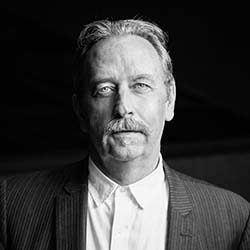
Donald Bates, LFRAIA; FRIBA
Chair of Architectural Design and Associate Dean (Engagement), Melbourne School of Design;
Faculty of Architecture Building and Planning, University of Melbourne, Australia
Founder and Director of Lab Architecture Studio
Bio
Donald Bates (LFRAIA; FRIBA) is the Chair of Architectural Design, and Associate Dean (Engagement) for the Faculty of Architecture, Building and Planning, University of Melbourne. He is a Founder and Director of LAB Architecture Studio.
Bates graduated with a B.Arch from University of Houston, and has an M.Arch from Cranbrook Academy of Art. He has taught at the Architectural Association, Cooper Union and founded and directed the independent architecture school LoPSiA, in France, from 1990-94.
In 1994, Prof Bates and Peter Davidson founded LAB Architecture Studio, and in 1997, LAB won the competition for Federation Square, Melbourne. LAB has designed award-winning large-scale commercial, cultural, civic and residential projects, with built works in Australia, Asia, the Middle East, and Europe.
Prof Bates has lectured at more than 250 schools of architecture, and has been published extensively in journals and magazines. He has been a jury member or chair of more than 28 international architectural design competitions.
Optimistic increment by optimistic increment, I was sure we would be back to normal by August. Disruption, but not dislocation, despair, and delay. Then I was sure we would be back by December. More painful, more deadly than expected, but surely not much longer. Then I was sure we would be back by March. And surely the vaccines would put a stop to all this turmoil and uncertainty. How could we not be back to normal by June. As the vaccination numbers ticked up, so too the new variants and a return to lock-downs. Resolve replaced by resignation, the “surely this can’t go on” is succumbing to an inability to project a future possibility.
The ‘futurism’ that underpins the ambitions of architecture and urban design is under serious threat from a near-normal, beyond-normal and even ab-normal normality/normalcy. The normal that never quite returns and if it does – will we notice?
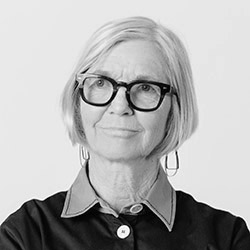
Dana Cuff
Director, cityLAB – UCLA; Professor of Architecture and Urban Design, UCLA, Los Angeles
Bio
Dana Cuff is Professor of Architecture and Urban Design at UCLA where she is also Director of cityLAB, an award-winning think tank that advances experimental urbanism and architecture (www.cityLAB.ucla.edu). Since receiving her Ph.D. in Architecture from Berkeley, Cuff has published and lectured widely about spatial justice, the architectural profession, and affordable housing. She is author of several books, including The Provisional City about postwar housing in Los Angeles, and a co-authored book called Urban Humanities: New Practices for Reimagining the City, documenting her collaborative, crossdisciplinary research and teaching at UCLA funded by the Mellon Foundation. Based on cityLAB’s design research, she co-authored a landmark bill that permits “backyard homes” on virtually all 8 million single-family properties in California (AB 2299, Bloom-2016), doubling the density of suburbs across the state. She and her team are currently working on a wide range of new forms of affordable housing to be co-located with schools. In 2019, cityLAB established an off-campus center in one underserved neighborhood of Los Angeles, where deep, multi-year exchanges with community organizations working to create more compassionate cities. Cuff was the recent recipient of three prestigious awards: Women in Architecture Activist of the Year (2019, Architectural Record), Researcher of the Year (2020, ARCC), and Educator of the Year (2020, AIA Los Angeles).
Global urban development has been deeply transformed by growing income inequality, which continues to ripple through urban neighborhoods, registered in housing, open space, and infrastructure. The pandemic exacerbates disparities in the city, strengthening the mandate for architects and urbanists to create new social and formal paradigms. Dana Cuff asks: How can architecture and the design of cities be practiced in ways that embody principles of spatial justice? As Director of the design research studio called cityLAB at the University of California, Los Angeles, Cuff will discuss her innovative scholarship and design demonstrations that experiment with radically public architecture. Rather than singular design solutions, the lab develops prototypes or models that can proliferate, generating projects for future work in other contexts. Rather than authorship, the lab is deeply collaborative and relies on collectives of expertise. And most of all, the lab demonstrates that architects can leverage design to incrementally build a world we want to live in.
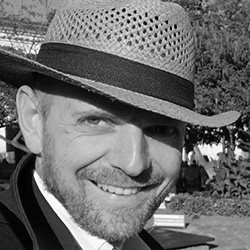
Neville Mars
Director, Dynamic City Foundation, Shanghai, China
Bio
Dr. Neville Mars is a Dutch architect and planner and principal of MARS Architects, Shanghai, an award winning design studio with twenty years of experience in Asia. MARS Architects has a strong focus on sustainable planning and has developed over a dozen integrated planning projects across Asia, including the masterplan of Mumbai, the strategic masterplan of Sustainable Pudong 2040 and the comprehensive land use plan of Tacloban in the Philippines. For the coming year MARS has been granted funding for a large-scale study of Metro Java 2045. Using big data and grassroots collaborative planning methods to build a resilient, post-COVID rural megalopolis.
Java, the world’s most populated island, is also one of the world’s fastest urbanising regions. Faced with profound challenges, Indonesia’s government is dedicated to delivering a comprehensive plan for its layout by 2045. It will consist of all the elements of contemporary global urbanism, including highways, ports, tech and industrial hubs. But rapid transformations bring real risk, most notably to Java’s fragile ‘desakota’ — Indonesia’s vast and dense rural settlement typology. Once virtually autarkic, the arrival of global capital has accelerated urban-industrial transformations. Representing opposing scales, speeds, and ideologies, a generic, neoliberal urbanism is at once crudely juxtaposed, while surreptitiously seeping into its networks. In part planned, in part ad hoc and informal, Java’s expanding territorial dependencies are spawning a new hybrid peri-urban landscape that defies conventional planning strategies.
This spatial challenge, most palpable in ASEAN+ countries, reveals a predicament at the center of all regional planning: balancing progress and preservation. At a time, when qualities of resilience, self-sufficiency, compactness and carbon storage are deemed critical in the fight against climate change, below the radar, the intricate socio-cultural, and ecological cohesion of the desakota is eroding. Its opportunistic land use dynamics, forged on the intersection of global and local drivers of space production, demand critical examination, advanced geospatial analysis, and most urgently, new planning models. The desakota underscores the need for a process driven planning discipline that can mediate and integrate disparate socioeconomic realities across colliding scalar hierarchies to foster a more contiguous and thus more sustainable rural-urban continuum.
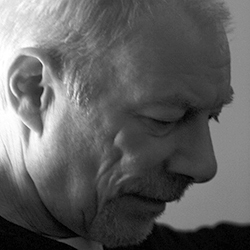
Dr. Michael Weinstock
RIBA, FRSA, Founding Director, Emergent Technologies and Design, Chair of the Academic Committee, AA School of Architecture, London, UK
Bio
Michael Weinstock studied Architecture at the Architectural Association, and has taught there since 1989. Whilst his principal teaching and research has been conducted at the Architectural Association, he has published and taught widely in seminar courses, studios and workshops on Design Science, Urban Morphology, Ecology and Metabolism, Complexity, Emergence and associated topics including Fabrication and Construction at many other schools of Architecture, in Europe including Delft, Rome, Barcelona, Vienna and in Stuttgart; and in the US at Berkeley, Rice and Yale, and in Canada at Calgary, and in Japan at Tokyo University. His published work has arisen from research into the dynamics, forms and energy transactions of natural systems, climatic and ecological changes underway, and the application of the mathematics and processes of emergence to cities, to human architectures at all scales.
Urban Design research proceeds from the fundamental premise of an understanding that nature and artifice are strongly coupled, that the cultural production of cities and urban systems exist as part of the environment of other active systems, and that they are subject to change. They also share an understanding that causality of change is complex and multi-scalar, that the dynamics of change are perturbed and accelerated by human activities, and concern for the consequences of those changes to society and the natural world. Design processes in this domain are developed through iterative generative computational processes and analysis, generative propositions and simulations. Situating morphogenetic explorations in existing biomes provides climatic and ecological pathology of what will be widespread conditions in the near future.
NOTE: You must register to receive the pertinent Zoom information. If you already registered for this event, you do not need to register again.
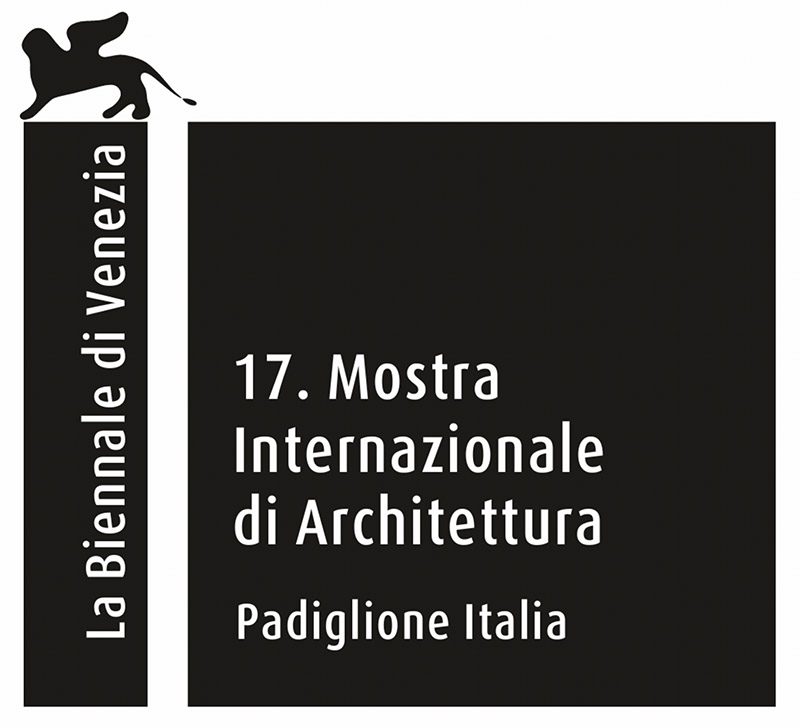
New York Institute of Technology, School of Architecture and Design at the 17th International Architecture Biennale 2021, and the Virtual Italian Pavilion
Questions? Contact the School of Architecture & Design at archevents@nyit.edu
